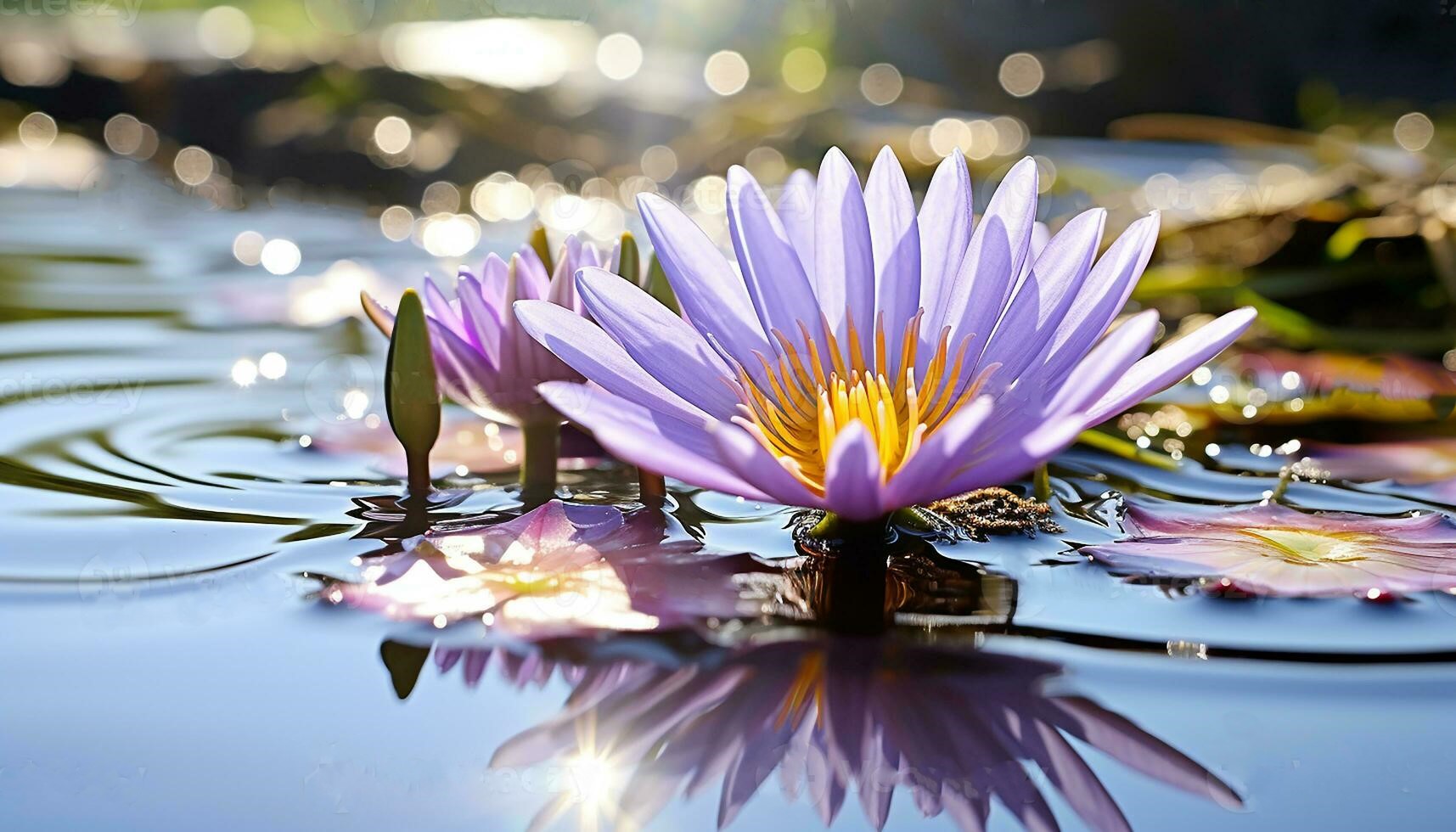Tantra

Tantra is a Sanskrit word for the power of the original state of being. Its cosmic name is love, but only in the infinitesimal moment of separation from the unity of Supreme Being. As love enters existence, the tantric principle consumes the past and restores the gap of time back to nothing. However, in this momentary split in the continuity of existence emerges the divine formless lover. This genderless spiritual presence is the Lord in existence. The task of the Lord is to bring the errant lovers of the world back to the source of reality.
The purpose of existence is for man and woman to be this exalted tantric presence as the personification of love in the flesh. The difficulty is the accumulation of past which has accrued within the human psyche as a blockage to the simplicity of love. This manifests most noticeably as demand, frustration, manipulation, accusation, self-doubt and the impulse for sexual release from the pressure of unconscious living. In other words, all the negativity on earth arises from the conflict in relationships that now exists between the male and female principles.
Although the tantric potential is within each being and is unmistakeable in those moments when the breakthrough happens, the full realisation as a state of uninterrupted knowledge is very rare indeed. This is due primarily to the demands and personal sacrifice which must be encountered in the transformation of the sexual self. The depersonalising process is so intense and protracted that only someone who has realised God at a particular level of higher mind will be able to withstand the unconscious forces as the process deepens. But this is bestowed through grace and seldom realised through the more common, but still relatively rare, realisation of God out of existence.
The realisation of God within the body, and not through physical union in love, is of the truth behind the sensory realm. This arises from the devotion of self to the transcendental being and does not necessarily permit access to the exalted state of love. It’s not uncommon for the individual to abstain from physical love afterwards, so as not to agitate the equilibrium of the inner state. This is encouraged by certain religious traditions and teachings as an adherence to celibacy, which as a consequence has forged a division of confusion and ignorance within the human psyche.
In man, the tantric principle is his authority to love woman in such a way so as to bring her to a greater appreciation and love of God. For such a man, the privilege and delight in the fulfilment of this divine function is his benediction. He has been divested of the personal taint of sex, and wants nothing apart from the sheer pleasure of loving his opposite principle in the flesh. His body, regardless of appearance, is beautiful since all that is inside is love of the mystery of existence as an inner and outer union of consciousness and sensory perception. The mind as any movement is utterly still, with only the bodies making love in a unity of being, no longer separated by distance and time.
Woman is closer to the pure idea of tantra than man, since it is ‘She’, the principle of love that embodies the earth’s spiritual fragrance within the womb of life. The tantric presence of woman is a passive state of immense power and beauty. She exists as a body and may appear quite ordinary in the eyes of the world, but she will radiate a quality recognisable to a consciousness of similar resonance. In the East it is referred to as the power of ‘Shakti’. The function of such a woman is to simply be what she is as the personification of love in existence.
For someone inspired to love with purpose is indeed an honourable and holy undertaking. All that’s necessary is to be willing to love when the opportunity is there. Nothing can be done with intent to bring about the tantric awakening, apart from living one’s life just as it is. Although there can be a greater realisation of beauty and a deeper threshold of pleasure, the catalyst for self-change is pain. People rarely change, however, in a way that radically alters the life because they are unconscious of the purpose of suffering. The greater the love of anyone or anything, the more intense the suffering that will follow. To love someone so deeply as to enter their mystery in physical love will create circumstances to shatter the attachment to that person. Only in the final dissolution of the emotional band of pain can the tantric power enter existence in its full potency from the unconscious.
Extract from the e-book: Making Love Real http://www.amzn.com/B07RLN51Q6